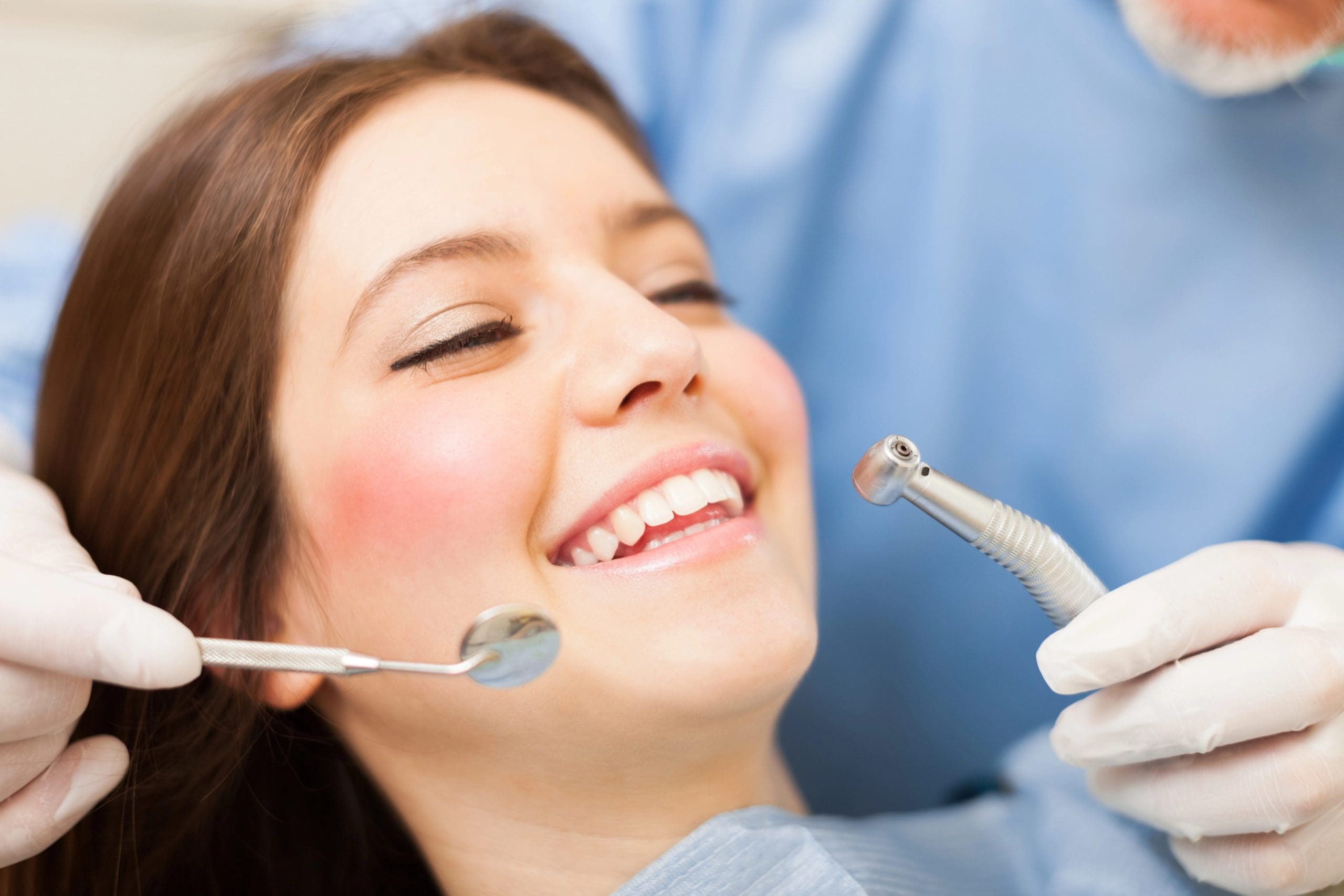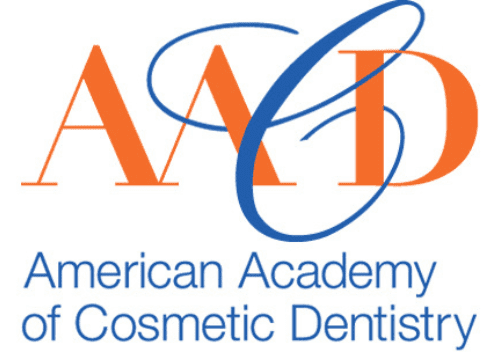How often should you get your teeth cleaned? This common question doesn’t have a one-size-fits-all answer, as it can depend on individual dental health needs. Generally, many people find that visiting the dentist for a professional cleaning every six months helps maintain oral health.
How Often Should You Get Your Teeth Cleaned?
Regular dental visits play a crucial role in maintaining optimal oral health. Understanding the importance of these visits can help you determine how often you should get your teeth cleaned. Routine check-ups allow dental professionals to monitor your oral health, identify potential issues early, and provide necessary interventions to prevent more serious problems. These visits are not just about cleaning your teeth; they are comprehensive evaluations that contribute to your overall well-being.
The question “How Often Should You Get Your Teeth Cleaned?” is best answered by considering the benefits of consistent dental care. Regular appointments help in removing plaque and tartar buildup that cannot be eliminated by regular brushing and flossing alone. This preventive approach is essential in reducing the risk of cavities, gum disease, and other oral health issues. For more detailed insights into the process, you can explore Professional Teeth Cleaning Explained.
Frequency for Adults
When considering how often you should get your teeth cleaned, it’s important to understand that the frequency can vary based on individual oral health needs. Generally, adults are advised to schedule dental cleanings at least twice a year. This routine helps maintain optimal oral hygiene and allows dental professionals to monitor any changes in your dental health. Regular cleanings can help prevent the buildup of plaque and tartar, which are common contributors to tooth decay and gum disease.
While the standard recommendation is biannual visits, some adults may require more frequent cleanings due to specific dental conditions or risk factors. It’s essential to consult with your dentist to determine the best schedule for your dental cleanings. For those in the Norwood area, you can learn more about maintaining your oral health by visiting our page on Professional Dental Cleaning Norwood.
Children’s Dental Cleaning Schedule
When considering how often should you get your teeth cleaned, it’s important to recognize that children’s dental cleaning schedules can differ from adults. Typically, children should begin dental visits by their first birthday, with cleanings recommended every six months thereafter. This regular schedule helps monitor the development of their teeth and gums, ensuring any potential issues are identified early. Establishing a consistent dental cleaning routine from a young age is crucial for maintaining oral health as they grow.
Impact of Oral Health Habits
Understanding the impact of oral health habits is crucial when considering how often you should get your teeth cleaned. Daily practices such as brushing and flossing play a significant role in maintaining oral hygiene, but they are not a substitute for professional dental cleanings. Regular dental visits help remove plaque and tartar that can accumulate despite good oral habits, ensuring your teeth and gums remain healthy. The frequency of these cleanings can vary based on individual oral health needs, which is why it’s important to consult with a dental professional. For those in the Norwood area, Norwood Dentist offers insights into maintaining optimal oral health.
Role of Diet in Dental Health
The role of diet in dental health is a crucial factor to consider when pondering the question, “How often should you get your teeth cleaned?” A balanced diet not only supports overall health but also plays a significant part in maintaining oral hygiene. Consuming a variety of nutrients can help keep your teeth and gums healthy, potentially influencing the frequency of professional cleanings needed. Foods rich in vitamins and minerals contribute to stronger teeth and gums, while excessive sugar intake can lead to plaque buildup and cavities, which might necessitate more frequent dental visits. Understanding the impact of your dietary choices on your oral health can provide insight into how often you should schedule your teeth cleaning appointments.
Effects of Skipping Cleanings
Understanding how often you should get your teeth cleaned is crucial for maintaining optimal oral health. Skipping regular dental cleanings can lead to a buildup of plaque and tartar, which are primary contributors to tooth decay and gum disease. Over time, this accumulation can cause inflammation and infection in the gums, potentially leading to more severe conditions such as periodontitis. Additionally, neglecting routine cleanings may result in persistent bad breath and unsightly stains on your teeth, affecting your overall confidence and well-being. Regular dental visits play a vital role in preventing these issues and ensuring that your smile remains healthy and vibrant.
Signs You Need a Cleaning
When considering how often you should get your teeth cleaned, it’s important to be aware of certain signs that indicate a dental cleaning might be necessary. Common indicators include persistent bad breath, noticeable plaque buildup, or gums that bleed during brushing or flossing. These symptoms can suggest that your oral hygiene routine may not be sufficient and that a professional cleaning could be beneficial. Additionally, if you experience tooth sensitivity or notice any discoloration, it might be time to evaluate how often you should get your teeth cleaned to maintain optimal oral health.
Dental Cleaning and Gum Health
Regular dental cleaning plays a crucial role in maintaining optimal gum health, which is an essential aspect of overall oral hygiene. When considering how often you should get your teeth cleaned, it’s important to understand that professional cleanings help remove plaque and tartar buildup that regular brushing and flossing might miss. This process not only keeps your teeth looking their best but also supports the health of your gums by preventing inflammation and potential gum disease. Healthy gums are vital for a strong foundation for your teeth, and routine dental cleanings can contribute significantly to this aspect of oral care.
Professional vs. At-Home Care
When considering how often you should get your teeth cleaned, it’s important to understand the distinction between professional dental cleanings and at-home oral care. Professional cleanings, typically performed by a dentist or dental hygienist, involve specialized tools and techniques to remove plaque and tartar buildup that regular brushing and flossing might miss. On the other hand, at-home care focuses on daily maintenance through brushing, flossing, and using mouthwash to maintain oral hygiene between dental visits. While both play crucial roles in oral health, professional cleanings provide a deeper level of care that complements your at-home routine. Understanding this balance can help you determine how often you should get your teeth cleaned to maintain optimal dental health.
Conclusion
Understanding how often you should get your teeth cleaned is essential for maintaining oral health, and for more information or to schedule an appointment, call 781-222-0327 or visit our Google Maps page to read reviews.





